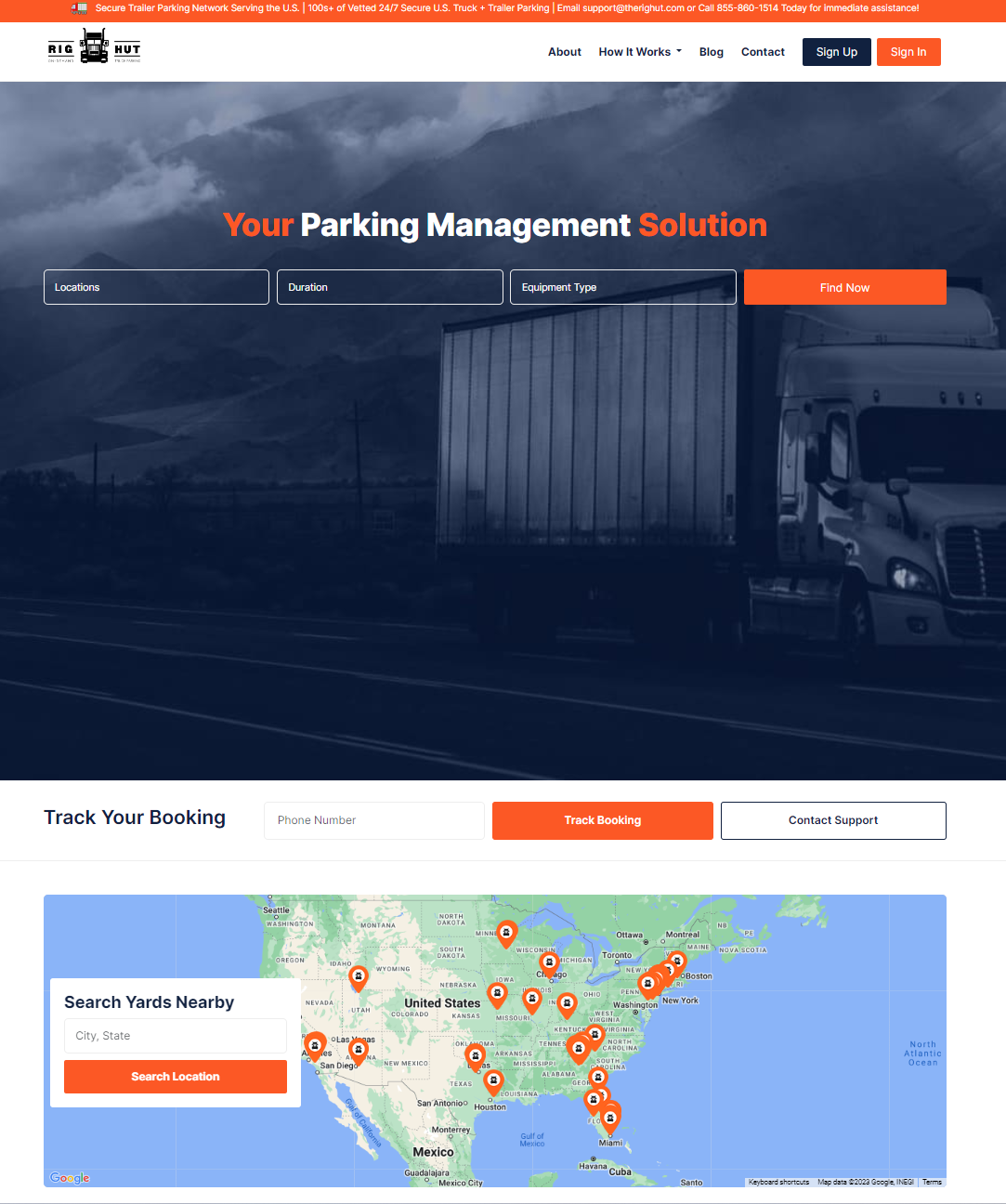A Guide to Commercial Equipment Types for Truck Parking Facility Operators
As a landlord or truck parking facility operator, you’re likely no stranger to the varied types of equipment that utilize your space. Understanding the dimensions of these vehicles is crucial not only for facility design but also to cater to inquiries from potential users about space and compatibility. With the increasing levels of demand for truck parking and ancillary services, it’s even more important to have this information at your fingertips. In this post, we’ll break down the standard dimensions for the most common types of equipment you might encounter.
Keep in mind that these figures are standard approximations, and actual dimensions can vary based on the specific manufacturer and model:
1. Day Cabs:
– Description: These are tractors without sleeper berths, designed for local and short haul transportation.
– Length: 19-22 feet
– Width: 8.5 feet
– Height: 9-11 feet
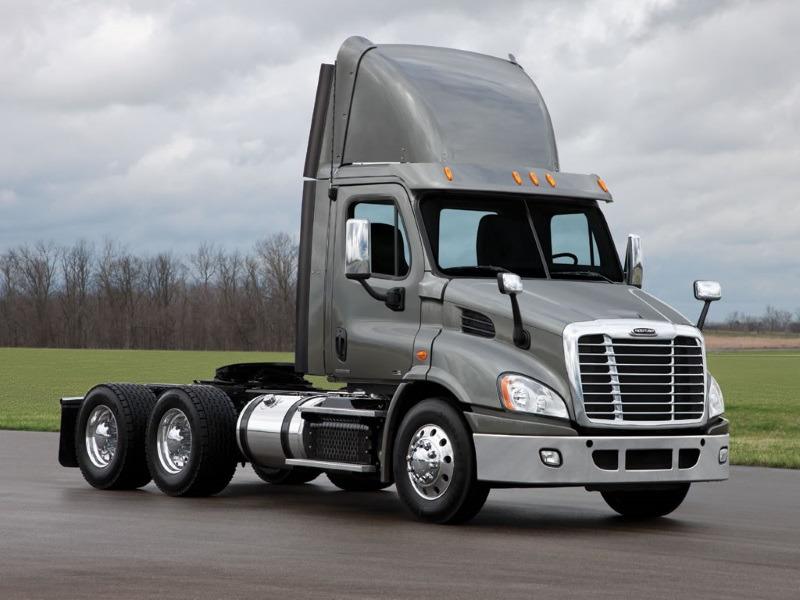
2. Truck and Trailer Combos:
– Description: This is a combination of a tractor and its accompanying trailer.
– Length: Can vary greatly but typically ranges from 70-80 feet for a standard setup.
– Width: 8.5 feet
– Height: 13-14 feet
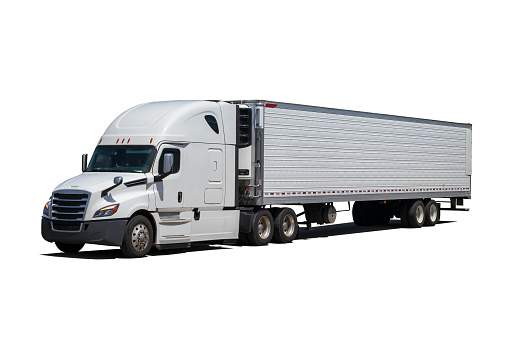
3. Dry Vans:
– Description: Enclosed trailers designed to carry pallets or boxes of cargo, most common type of trailer.
– Length: 48-53 feet
– Width: 8.5 feet
– Height: 13.5 feet
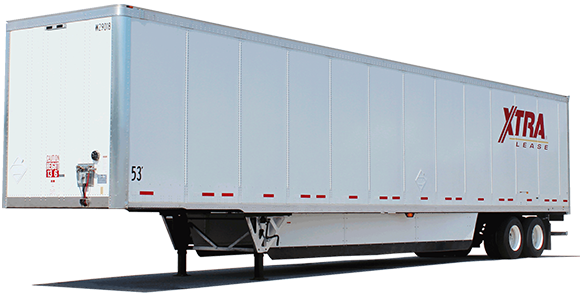
4. Refrigerated Vans (Reefers):
– Description: Similar to dry vans, but they’re insulated and equipped with cooling units to transport perishable goods.
– Length: 48-53 feet
– Width: 8.5 feet
– Height: 13.5 feet
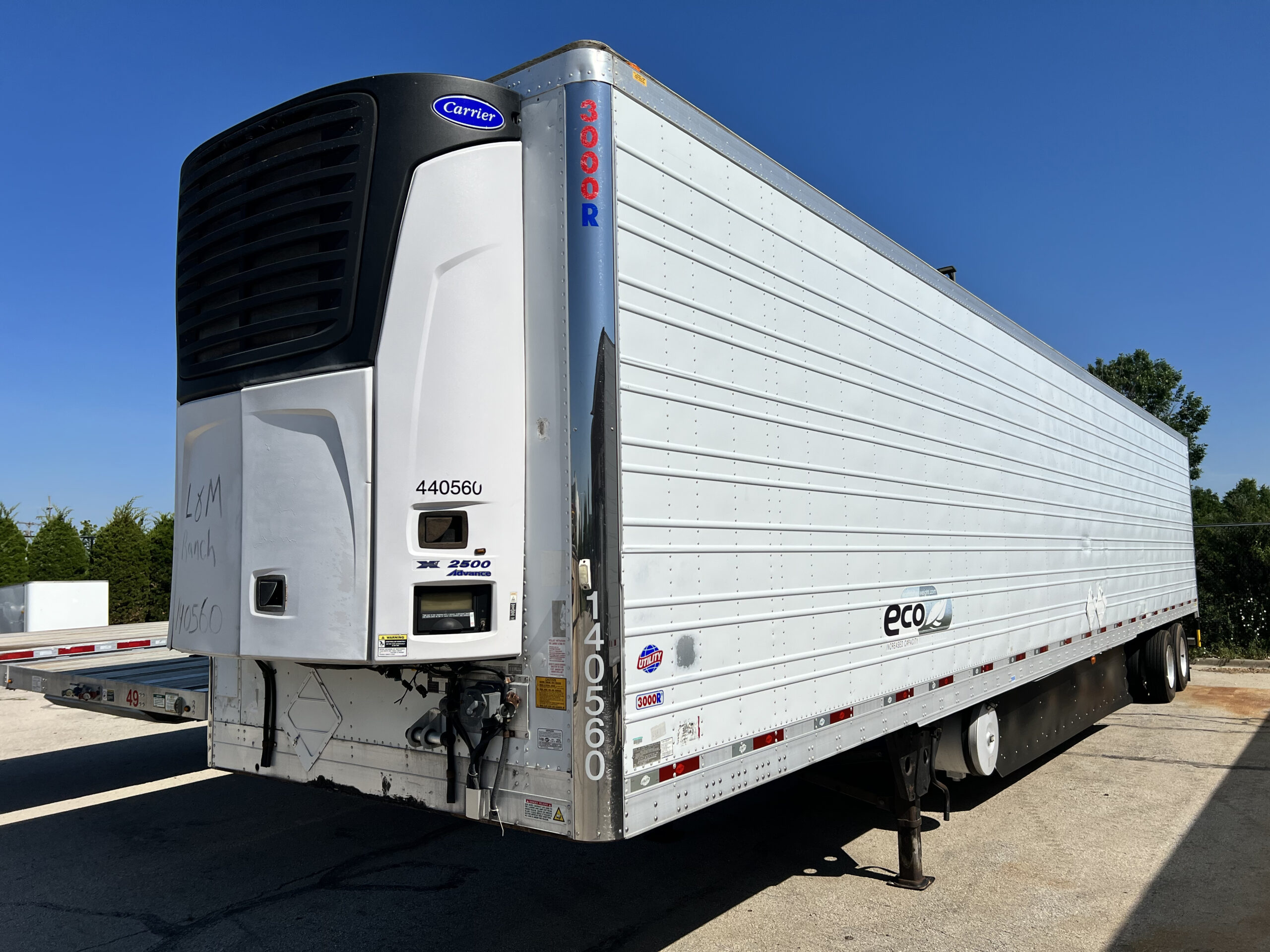
5. Containers:
– Description: Intermodal containers designed for multiple transportation methods (ship, rail, and truck).
– Length: Common lengths are 20, 40, 45, and 53 feet
– Width: 8 feet
– Height: 8.5 feet (standard) or 9.5 feet (high cube)
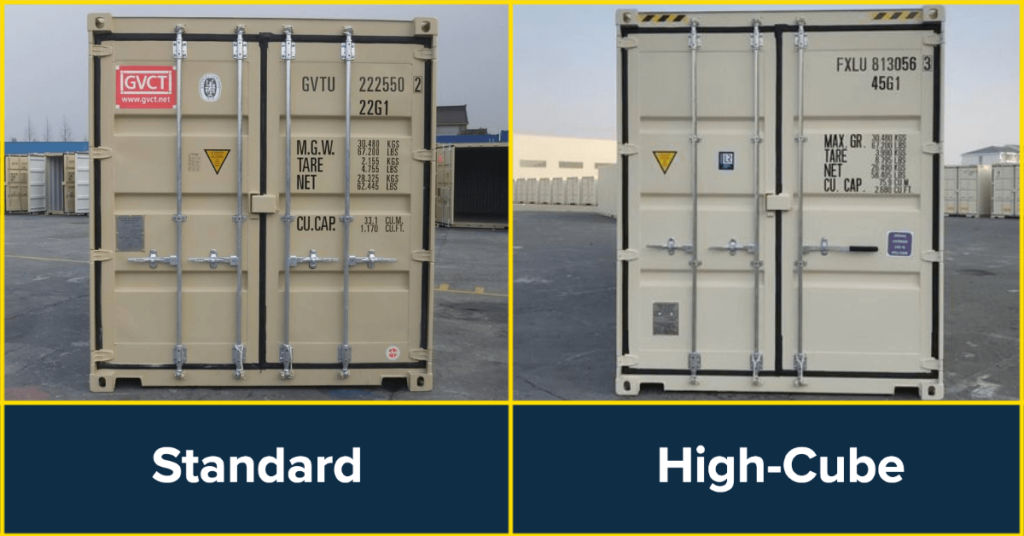
6. Chassis:
– Description: Specialized trailers designed to carry containers.
– Length: Varies to accommodate different container lengths, but typically 20, 40, or 45 feet
– Width: 8 feet
– Height: Varies based on the container it’s carrying.
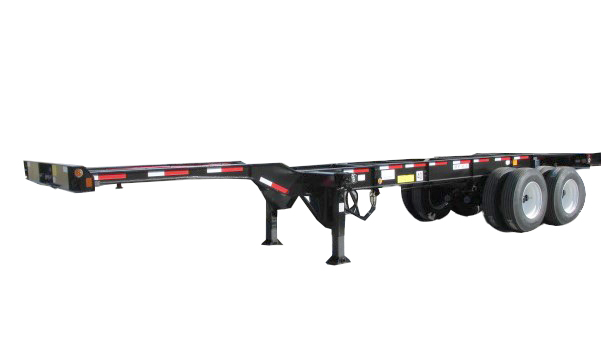
7. Box Trucks:
– Description: Also known as a straight truck, it’s a truck with a cargo area that’s attached to the same chassis as the cab.
– Length: 10-28 feet
– Width: 8 feet
– Height: 8-13 feet
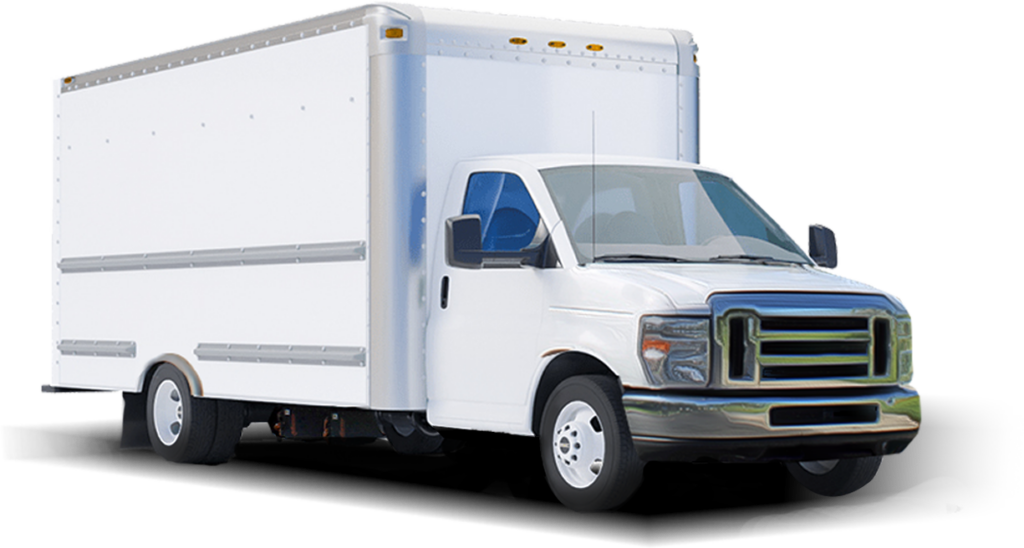
8. Cargo Vans:
– Description: Large vans used for a variety of tasks, including local deliveries.
– Length: 18-24 feet
– Width: 6.5-7.5 feet
– Height: 8-10 feet
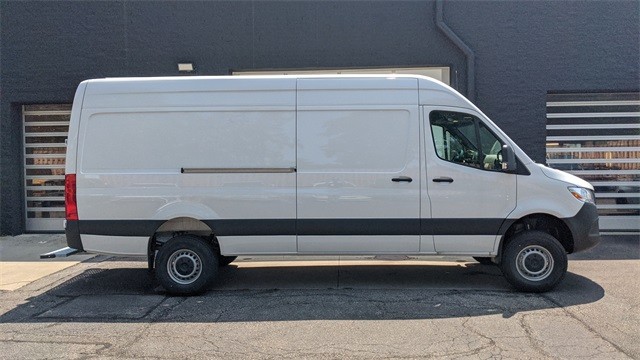
9. Tankers:
– Description: Cylindrical trailers designed to transport liquids.
– Length: 40-48 feet
– Width: 8.5 feet
– Height: 10-12 feet
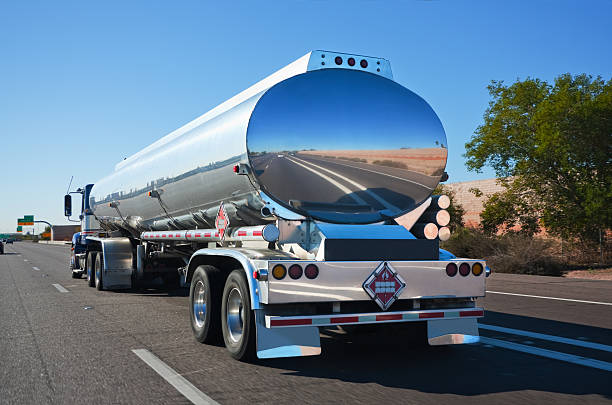
10. Flatbeds:
– Description: Open trailers with no roof or sides, used for transporting heavy or oversized loads.
– Length: 48-53 feet
– Width: 8.5 feet
– Height: Varies based on the load, but the bed height is usually around 5 feet.
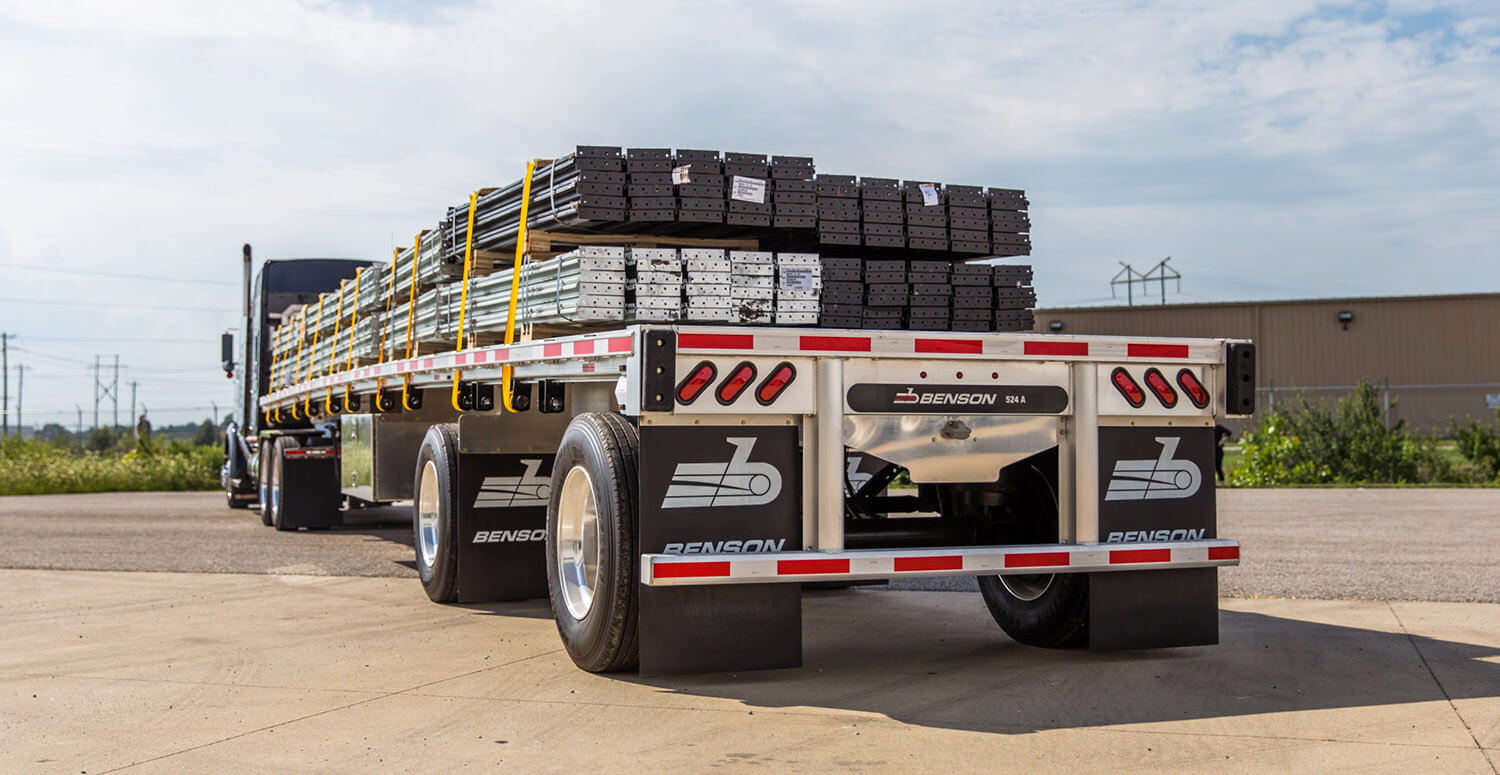
11. Car Haulers:
– Description: Specialized trailers designed for transporting cars.
– Length: 53-65 feet
– Width: 8.5 feet
– Height: Varies based on the number of cars being transported, typically around 14 feet.
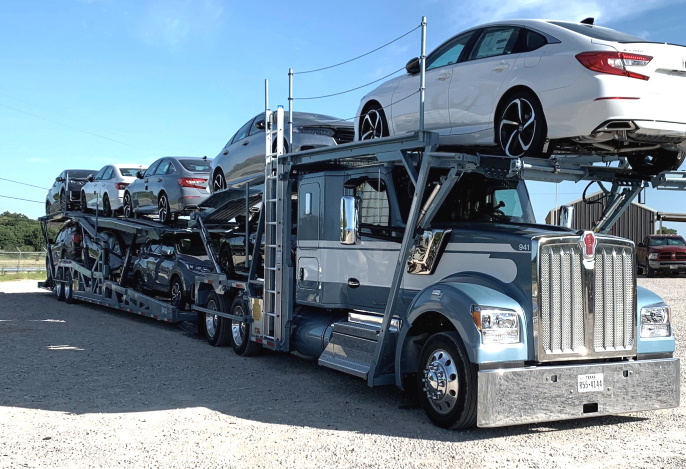
12. Sleeper Cabs:
– Description: Similar to day cabs, but with a berth that provides drivers with a place to sleep.
– Length: 21-29 feet
– Width: 8.5 feet
– Height: 9-11 feet
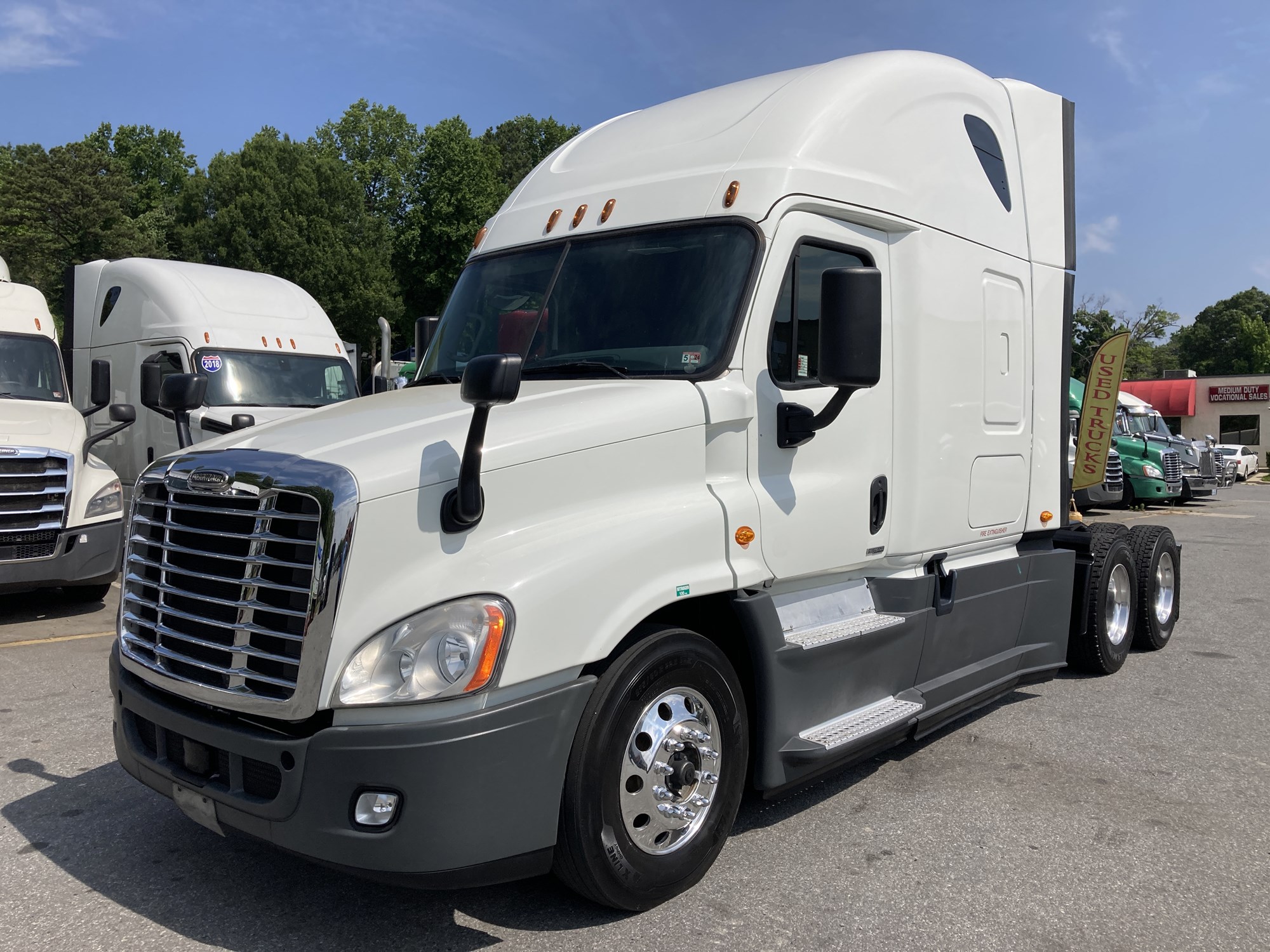
Remember, these dimensions are general estimates. Different manufacturers, models, and specific configurations can alter the exact measurements of a vehicle or trailer. Also keep in mind, most of these descriptions are for the individual pieces of equipment. If they come in with a tractor attached to it, add 19-30 feet depending on the type of tractor. When communicating with potential users for your truck parking facility, it’s always important to ask what the “total equipment length” is.
Designing a truck parking facility with a comprehensive understanding of these equipment types ensures optimal space utilization and customer satisfaction. By providing the right space for the right vehicle, you’ll enhance operational efficiency and safety. Rig Hut is always here to help with your planning needs, see this article on recent conceptual plans we’ve developed. Looking for a tool where you can seamlessly assign stalls based on equipment type? Check out our management platform, which we’ve built exclusively for truck parking operators
Stay in the know by subscribing to our newsletter.

